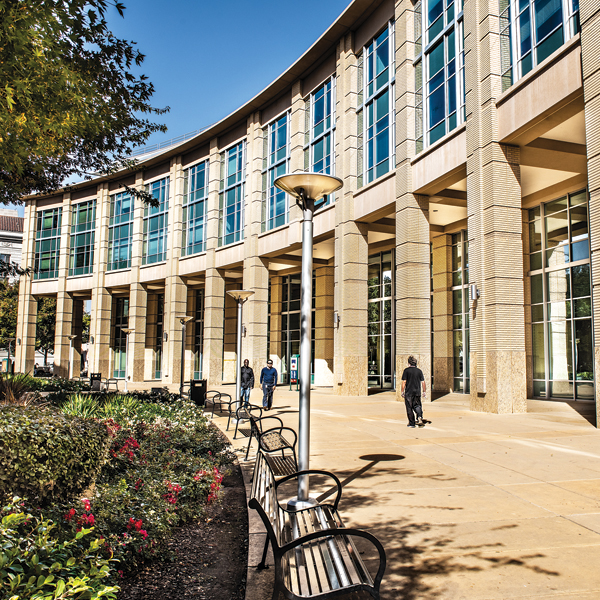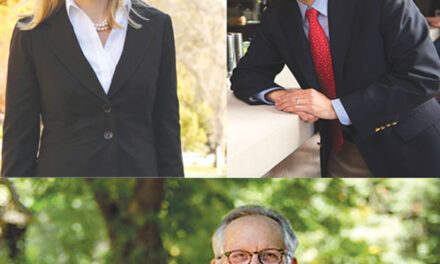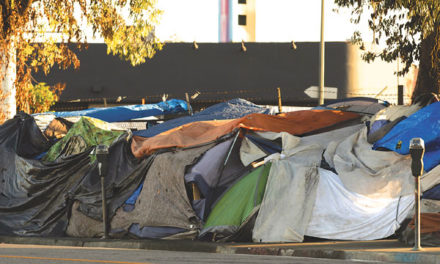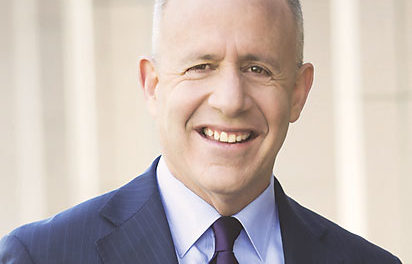Sacramento Strong
Mayor may be weak, but city isn’t
By R.E. Graswich
November 2019
Sacramento received some good news recently. You might have missed it. There was no announcement, no media briefings. There were a few brief and whispered acknowledgements around City Hall, the kind where someone smiles tightly and says, “I just want you to know.”
Here’s the good news: There will not be another strong mayor campaign in Sacramento, at least not in the bankable future, and not conducted by Darrell Steinberg. After 11 years of plotting and dreaming that extended across two uniquely ambitious mayoral administrations, reality has been accepted at the center office on the fifth floor at City Hall.
While Steinberg would understandably love to hear Sacramento voters are ready to embrace the strong mayor formula of government, he has told friends there is minimal appetite among the citizenry to rewrite the charter and hand the mayor the reins. For the ever-practical Steinberg, strong mayor is not worth the battle.
This means Sacramento’s traditional form of government, which has served the city since 1921, will roll into its second century. The system has been resilient and pliable, guiding the city through two world wars, the Great Depression, the Great Recession, floods, freeway construction, riots, scandals and population bursts that took Sacramento from 66,000 souls to 508,000.
Sacramento voters like traditions. They believe the decentralization of power—eight city councilmembers and a mayor, each with one vote—is the best way to govern. They trust the leadership of a professional city manager, hired by the council, to run the police and fire departments, parks, utilities, garbage collection, roads, animal services and all the other gears that make municipal wheels turn.
Like his predecessor Kevin Johnson, Steinberg arrived with an idea to amend the charter and transform himself into a strong, executive-style mayor, separated from the City Council. Unlike Johnson, Steinberg didn’t rush the question onto the ballot.
Instead, Steinberg remembered how Johnson’s 2014 strong mayor initiative got thrashed. Steinberg took his time and worked to win hearts and minds with a nuanced approach that highlighted his political maturity. He figured he could win strong mayor without seeming desperate.
In May, three years after his election, still popular despite stumbling over his capstone promise to resolve homelessness, he ordered a poll on strong mayor. The results were disappointing. Voters had no interest in making Steinberg strong mayor. Steinberg was politically wiser than Johnson, but it didn’t matter.
Deflated by the poll, Steinberg did what any professional would do—he calculated the cost of waging a campaign to turn those negatives into positives. He realized he would risk (and probably waste) his inventory of political momentum and goodwill.
Steinberg can still make disparaging remarks about the city’s governance. “I know we have an odd system,” he said recently. But Sacramento voters know better. There’s nothing odd about the system.
In California, 468 cities have governing systems similar to Sacramento. Only five have strong mayor. Coincidentally, those five—Los Angeles, San Francisco, San Diego, Oakland and Fresno—have the biggest problems and most elusive solutions.
Many large cities don’t have strong mayor: San Jose, Long Beach, Phoenix, Portland, Dallas and Austin, to name six. Many get along fine, some better than Sacramento.
When it comes to strong mayor, Sacramento citizens have figured out something politicians forget. It’s not the mayor who makes a great city. It’s the people.
R.E. Graswich can be reached at regraswich@icloud.com. Follow us on Facebook, Twitter and Instagram: @insidesacramento.
















